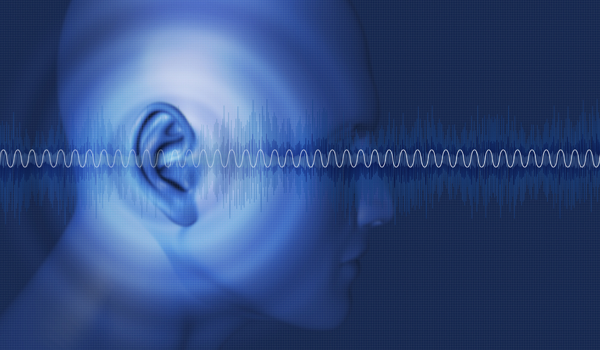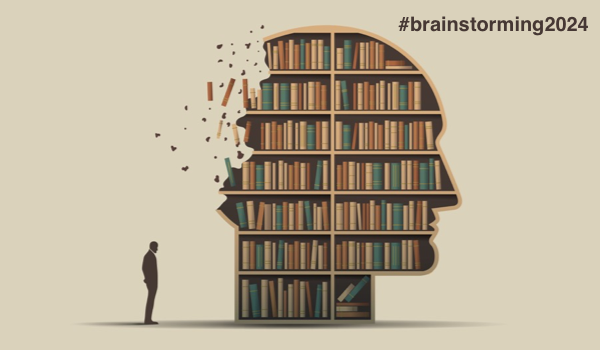


PRINCETON, NEW JERSEY - Imagine sitting in a grand concert hall eagerly awaiting the start of a symphony. At last, the play begins, but the music is muted. After waiting for minutes in frustration, the sound finally comes through. However, the audio is distorted - at times too faint, and at other times drowned out by the surrounding chatter.
What was supposed to be a joyous experience therefore turns into a disheartening fiasco instead. This is what countless individuals experience with hearing loss - surrounded by life's orchestra, but unable to relish its melody.
The World Health Organization estimates more than 1.5 billion people - nearly one out of every five on the planet - live with varying degrees of hearing loss. Even worse, over 2.5 billion worldwide could experience this disability by 2050.
Beyond the personal implications, unaddressed hearing loss carries a hefty annual global price tag of USD980 billion in healthcare costs, educational support, and lost productivity.
Hurdles to hearing loss treatment
When one person speaks to another, their auditory cortex helps to focus on the speech by tuning out other noises. This part of the brain then analyzes sound characteristics, interprets them as words, and helps one understand the words. This intricate process happens in humans’ auditory cortexes and is responsible for their hearing. When this ability substantially diminishes, people require interventions such as hearing aids. Existing hearing aids provide some relief, but several significant challenges impact patient satisfaction and outc
The content herein is subject to copyright by The Yuan. All rights reserved. The content of the services is owned or licensed to The Yuan. Such content from The Yuan may be shared and reprinted but must clearly identify The Yuan as its original source. Content from a third-party copyright holder identified in the copyright notice contained in such third party’s content appearing in The Yuan must likewise be clearly labeled as such. Continue with Linkedin
Continue with Linkedin
 Continue with Google
Continue with Google








 1012 views
1012 views









